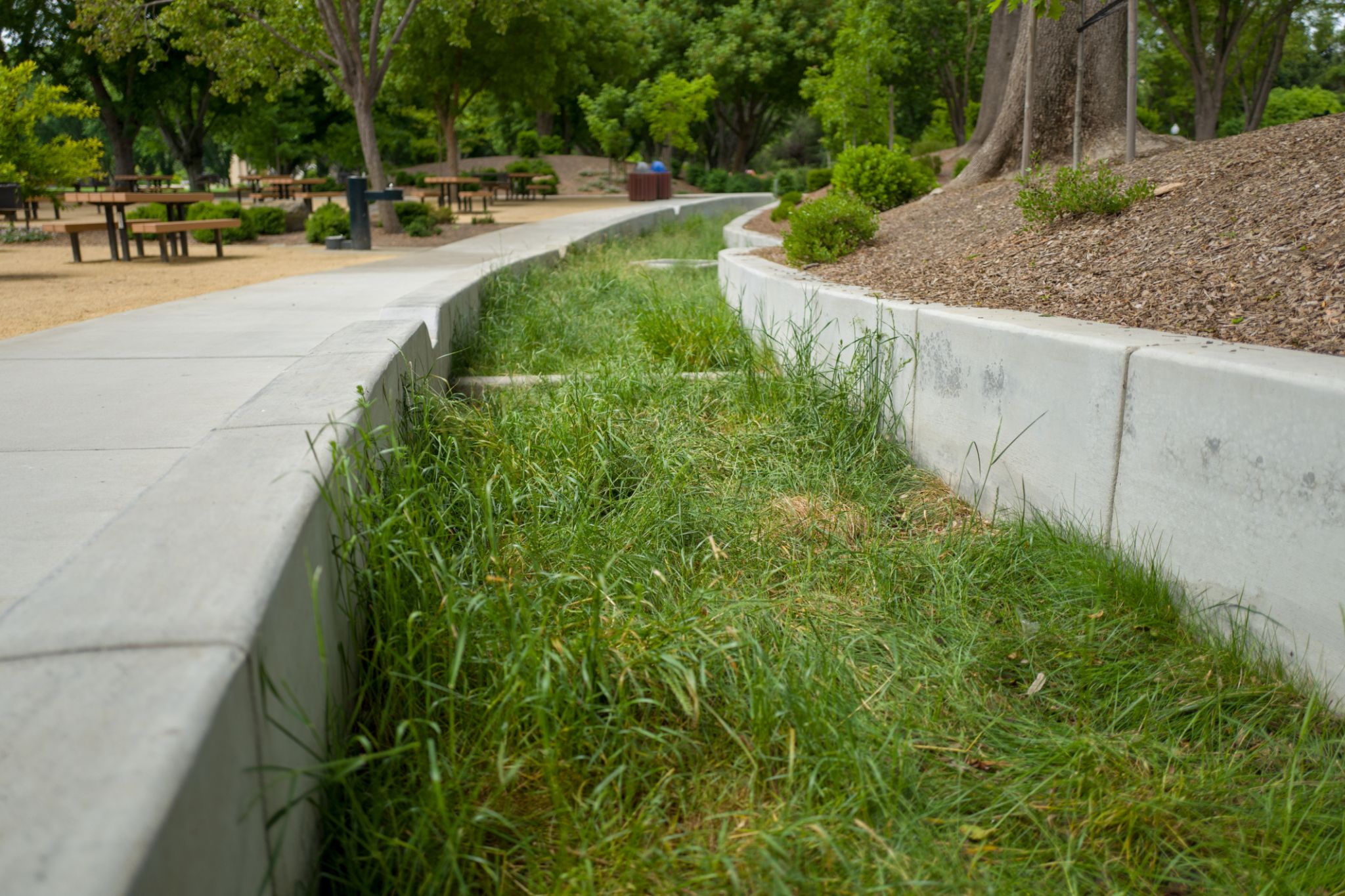Case Study: Transforming Walton County Yards with Bio-Swale Micro-Grants
In recent years, Walton County has embarked on an innovative journey to enhance its environmental sustainability through the implementation of bio-swales. This initiative, supported by micro-grants, has transformed local yards into thriving ecosystems, promoting water conservation and biodiversity.

Understanding Bio-Swales
Bio-swales are landscape elements designed to concentrate or remove silt and pollution from surface runoff water. They are a sustainable alternative to traditional drainage systems, offering an aesthetically pleasing and environmentally friendly solution.
These structures are typically filled with vegetation, compost, and soil, which help filter pollutants. By incorporating bio-swales, homeowners contribute to reducing erosion and improving water quality.
The Role of Micro-Grants
The introduction of micro-grants has been pivotal in encouraging residents to adopt bio-swales. These grants provide financial support, making it feasible for more homeowners to participate in the initiative. The program has sparked community interest and involvement, fostering a sense of shared responsibility for environmental health.

The application process for the micro-grants is straightforward, ensuring that a wide range of residents can access the resources needed to implement bio-swales in their yards.
Impact on Local Ecosystems
Since the implementation of the bio-swale initiative, Walton County has seen significant improvements in local ecosystems. Native plants have thrived, attracting diverse wildlife and enhancing the area's natural beauty. The increase in plant life also helps combat urban heat, creating cooler and more comfortable environments.
By improving water filtration, bio-swales have reduced the strain on municipal water systems and decreased the risk of flooding. This has not only benefited the environment but has also provided economic advantages by reducing infrastructure maintenance costs.

Community Involvement and Education
Community workshops and educational sessions have been integral to the success of the bio-swale project. These events have educated residents on the benefits of sustainable landscaping and empowered them to maintain their bio-swales effectively.
Local schools and organizations have also participated, integrating these practices into their curricula and community projects. This widespread involvement has helped cultivate a culture of sustainability within Walton County.
Challenges and Solutions
Despite the successes, the initiative faced challenges, such as initial skepticism and the technical knowledge required for installation. However, through comprehensive support and education, these obstacles have been largely overcome.
Partnerships with local environmental groups and experts have provided essential guidance, ensuring that residents can implement and maintain their bio-swales with confidence.

Looking to the Future
The Walton County bio-swale initiative serves as an inspiring example of how communities can come together to create sustainable solutions. As the project continues to grow, it offers a scalable model for other regions seeking to enhance their environmental practices.
With ongoing support and innovation, Walton County is poised to remain at the forefront of environmental stewardship, demonstrating the power of collaboration and foresight in tackling ecological challenges.